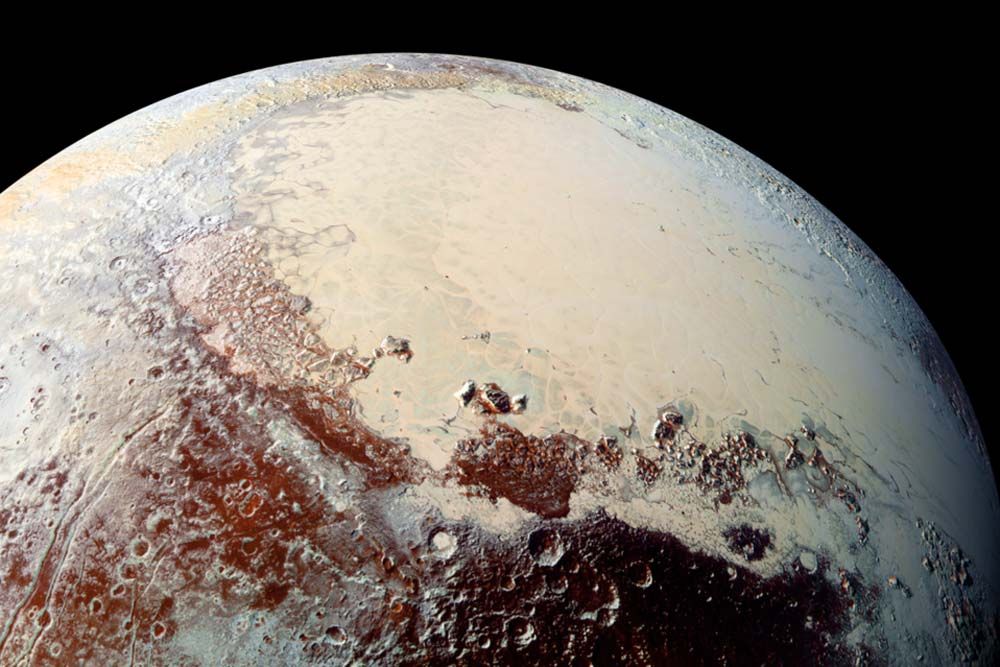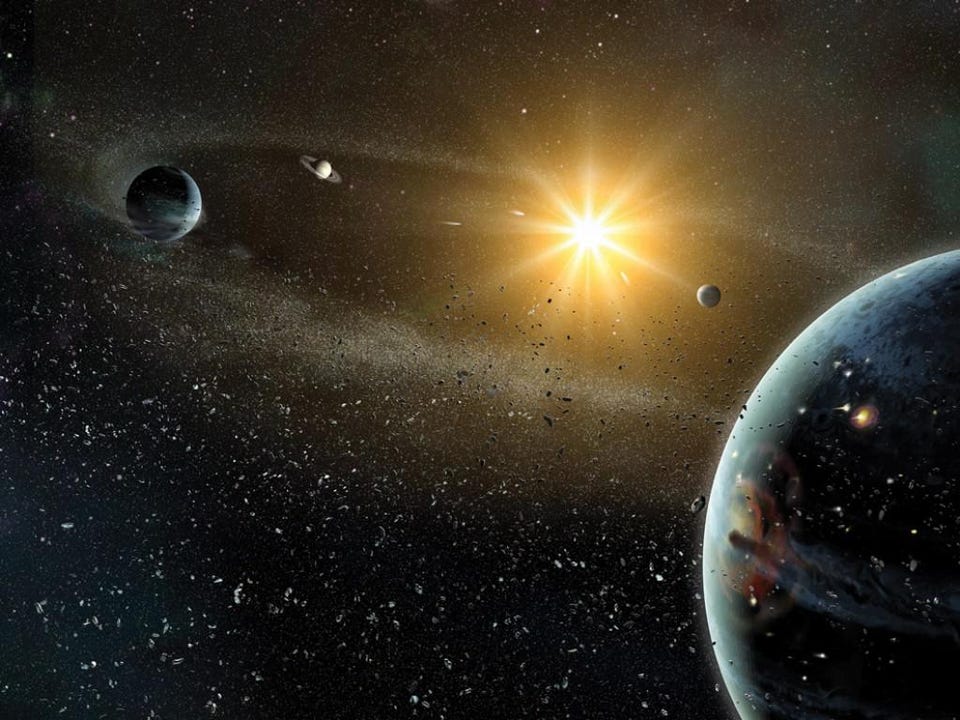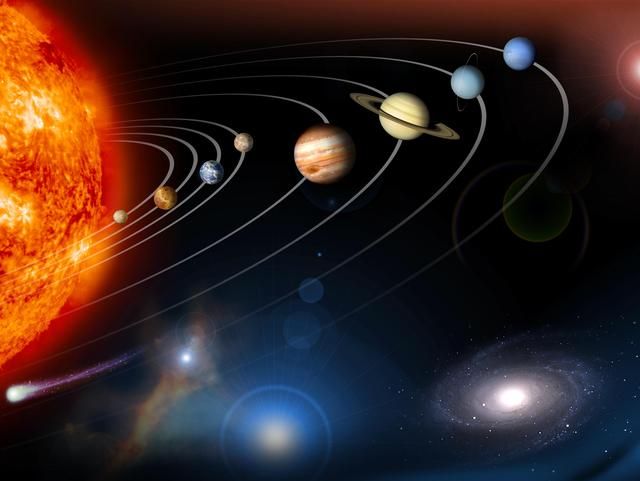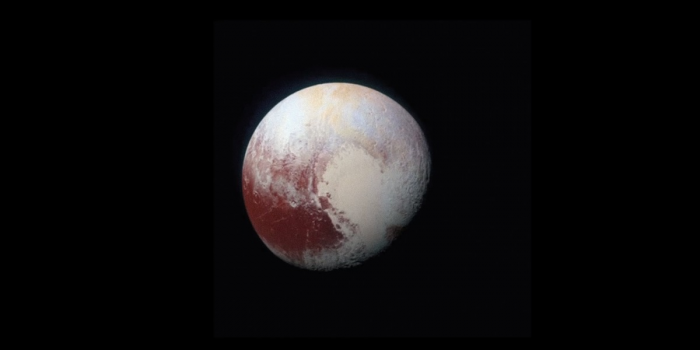Pluto was known to be the ninth planet for decades. It didn’t matter that it was the smallest planet in the solar system, with a moon half its size. Nobody cared that it had a slanted, oval-shaped orbit. So it’s not surprising that there was a public outcry when Pluto was reclassified as a dwarf planet 15 years ago. The term “planet” was redefined by the International Astronomical Union or IAU. As a result, Pluto no longer fits the bill.
According to this revised definition, an astronomical body is a planet only if it circles the Sun, has enough mass to be spherical and has cleared the orbital neighbourhood.
Some planetary scientists, notably Jean-Luc Margot of the University of California, Los Angeles, agreed with the new definition. However, a new study reveals that the existing definition of a planet is too restricted. With an in-depth investigation of the IAU criteria, the study claims that these criteria are not based on science at all but rather on mythology and astrology.

The team of researchers, headed by planetary scientist Phillip Metzger, say that the third requirement should be removed from the definition and that the concept of a planet should be simplified to include the fact that the body has been geologically active.
Many Solar System elements, such as Earth’s Moon and many other moons, dwarf planets, and even asteroids, would be classified as planets under this definition. According to the study, the fact that these bodies are similar enough to be placed together is a compelling reason why they should be.
“It’s like defining ‘mammals,'” Metzger says. “They are mammals whether they live on the land or in the sea. It’s not about their location. It’s about the intrinsic characteristics that make them what they are.”
After conducting a thorough analysis of the last 400 years of published planetary research, the scientists found that Galileo’s 1630s theory had weakened over time. According to him, planets are made up of components that change over time. Galileo’s notion that planets reflect sunlight rather than produce their light is also mentioned in the study.

This definition was used only until the 20th century, according to researchers. However, between 1910 and the 1950s, they detected a drop in the planetary field of science.
“We’ve shown through bibliometrics that there was a period of neglect when astronomers were not paying as much attention to planets,” Metzger says. “And it was during that period of neglect that the transmission of the pragmatic taxonomy that had come down from Galileo got interrupted.”
According to the study, astrology became popular during the period of neglect. As a result, it was widely assumed that only the largest objects orbiting the Sun were planets. And it’s made its way into the scientific literature.
“Planets were no longer defined by virtue of being complex, with active geology and the potential for life and civilization. Instead, they were defined by virtue of being simple, following certain idealized paths around the Sun,” Metzger adds.
When planetary research was rekindled in the 1960s, it generated a rift in scientific knowledge. The IAU definition in 2006 put an end to the debate, but it’s not the case. The researchers argue that the criterion of “clearing the orbital neighbourhood” should not be used. This criterion was created to limit the number of planets, which is bad science.

“When Galileo proposed that planets revolve around the Sun and reconceptualized Earth as a planet, it got him jailed under house arrest for the rest of his life,” Metzger says.
“When scientists adopted his position, he was vindicated, in a sense, let out of jail. But then, around the early 1900s, we put him back in jail again when we went with this folk concept of an orderly number of planets. So, in a sense, we rejailed Galileo.
“So, what we’re trying to do, in a sense, is get Galileo out of jail again so that his deep insight will be crystal clear.”
The paper has been published in Icarus.


